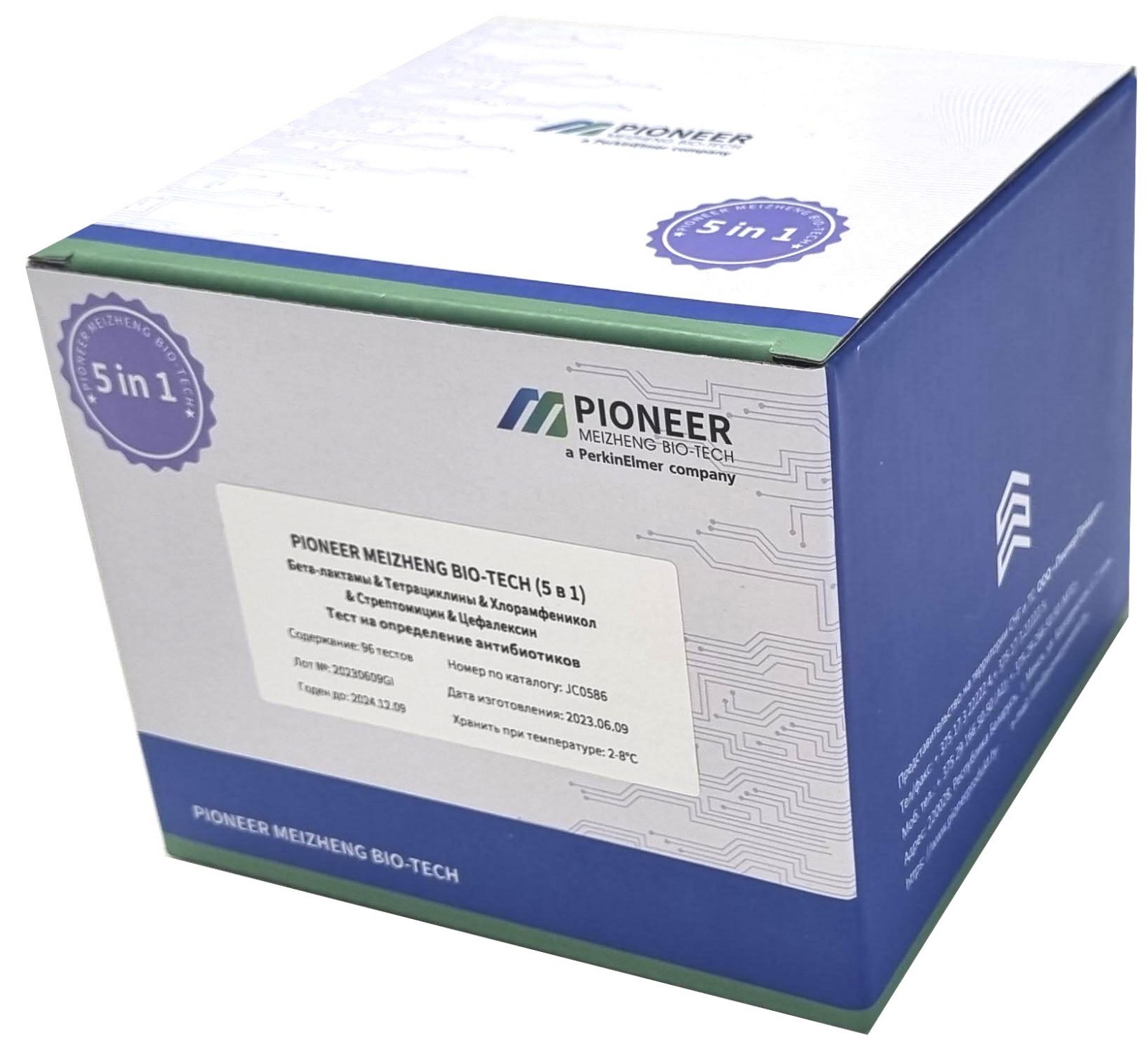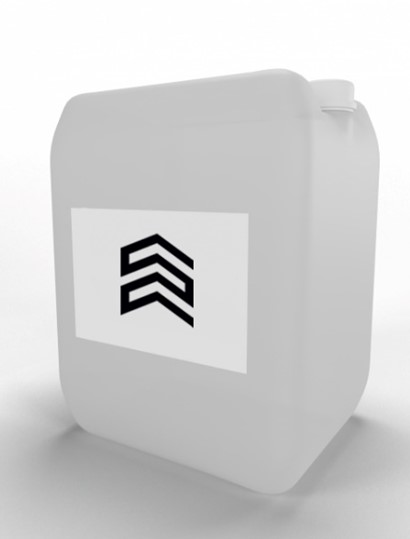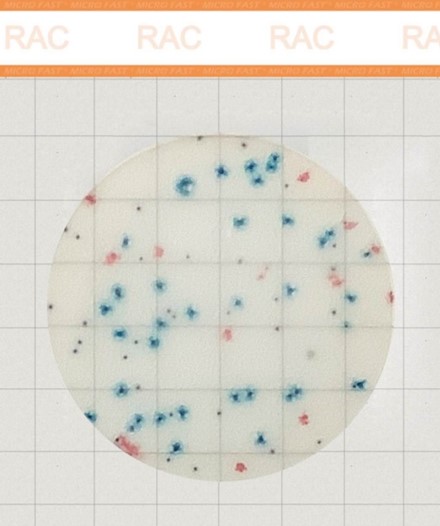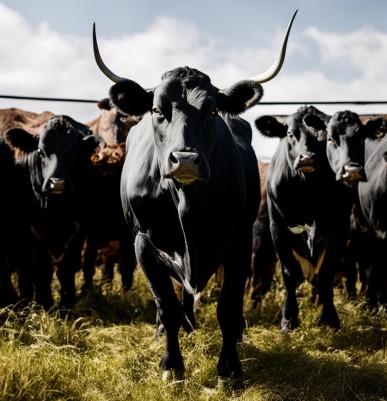EkoNiva commissioned a livestock breeding complex in Tatarstan for 4.5 billion rubles.
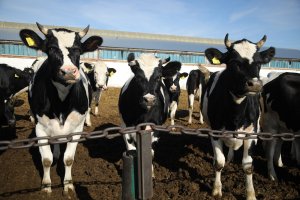
The construction of the livestock complex has been underway since 2019. Its infrastructure includes four cowsheds, calf barns, areas for keeping young animals, a feed warehouse, a sanitary inspection station, and a milking parlor with a “Carousel” installation. The project is designed to support 3,550 cows and 5,100 heads of young dairy animals. The production capacity of the complex is 120 tons of MILK per day. The company created 175 jobs.
The livestock of the Naratly livestock complex consists of high-yielding Holstein cows. The enterprise has already received the status of a breeding reproducer and is engaged in breeding breeding animals to meet the needs of agricultural producers. Breeding heifers from the Naratly complex will be both moved to other farms of the EkoNiva Group of Companies and sold to third-party enterprises, including through the mechanism of electronic auctions.
The Naratly livestock complex is also part of the EkoNiva excursion project. This is the group's first dairy farm in the Volga region, open to visitors. EkoNiva guides have developed a special sightseeing route around the complex, including the main stages of milk production. Registration for excursions will be open to everyone in the near future.
“The Naratly livestock complex will make a valuable contribution to the development of the dairy industry in RUSSIA and filling the market with fresh natural products. This fully meets the goal of increasing agricultural production, which was set by the president. In addition, modern high-tech equipment will improve the skills of workers and develop the human resources potential of the domestic agricultural sector,” commented Denis Konstantinov, Deputy Chairman of the Board of Rosselkhozbank.
“We are pleased to work in Tatarstan, the leader in raw milk production, and want to contribute to the record-breaking performance of the republic. In addition, the commissioning of the Naratly complex is of great importance for the socio-economic development of the Bugulma region itself. Along with the projects of leading players in the domestic agricultural sector, it will become part of a full-fledged agricultural cluster being formed here. This will provide its participants with a maximum synergistic effect, and people with comfortable conditions for working and living in the countryside,” says Stefan Duerr, President of the EkoNiva Group of Companies.
EkoNiva is represented in the Republic of Tatarstan by the production enterprise Severnaya Niva Tatarstan and has been operating here since 2018. The company specializes in the production of raw milk and crop production. Under his management there are 35,000 hectares of agricultural land in the Bugulminsky district, of which 26,000 hectares are arable land. In total, the company employs about 560 employees.
The EkoNiva Group of Companies is a vertically integrated holding company, the largest producer of raw milk in Russia and Europe. Founded in 1994 by entrepreneur Stefan Duerr. It manages assets in 13 Russian regions: Voronezh, Kaluga, Kursk, Leningrad, Moscow, Novosibirsk, Orenburg, Ryazan, Samara and Tyumen regions, as well as in the Altai Territory, Bashkiria and Tatarstan.
The main dairy division of the group unites 40 modern livestock complexes. The average number of the company's livestock in 2023 exceeded 235,300 heads of cattle , of which more than 112,500 are forage cows. Last year, its enterprises produced about 1.26 million tons of raw milk.
Since 2013, EkoNiva has also been developing its milk processing business. It manages four operating processing plants in the Voronezh, Kaluga and Novosibirsk regions, which produce a wide range of natural dairy products under the brand of the same name.
In addition, the enterprises of the EkoNiva Group of Companies are engaged in pedigree and beef cattle breeding, seed production, crop production and organic agriculture. The holding is one of the five largest owners of agricultural land with 632,200 hectares.
In 2022, sales revenue of the EkoNiva Group increased by 31% to 65.9 billion rubles, EBITDA by 59%, reaching 26.3 billion rubles, according to audited consolidated financial statements under IFRS.
Read together with it:
- На Вологодчине выбрали лучшего овощевода РоссииИтоги Всероссийского конкурса «Лучший по профессии» в номинации «Овощевод» подвели сегодня в «Русском доме» в Вологде в рамках большого агрофестиваля. «За звание лучшего боролись овощеводы из восьми регионов страны. Абсолютным победителем и обладателем главного приза в размере один миллион рублей стала Екатерина Авакумова из Чувашской Республики. Второе место занял вологжанин Алексей Свинцов, глав...
- Раиль Шакирзянов из Татарстана вошёл в тройку лучших овощеводов страныВ Вологодской области в прошлые выходные подвели итоги Всероссийского конкурса «Лучший по профессии» в номинации «Овощевод». Раиль Шакирзянов из Арского района Республики Татарстан вошел в тройку лучших овощеводов страны. Федеральный этап конкурса «Лучший по профессии» в номинации «Овощевод» был организован в рамках регионального проекта «Человек труда», который является частью национального проек...
- Россия зарегистрировала новый штамм вируса, вызывающего диарею у крупного рогатого скотаВ текущее время существующие профилактические меры в основном основаны на штаммах первого генотипа, в то время как во многих странах фиксируются случаи заболеваний, связанных с вирусом второго генотипа. В России вакцин, охватывающих оба типа возбудителя, пока нет. Патент, зарегистрированный 21 августа, представляет собой важный шаг в обеспечении отечественного животноводства современными средствам...
- Производство хамона в Ленобласти расширится на 1,3 миллиарда рублейОжидается, что инвестиции составят 1,3 миллиарда рублей, и в 2026 году будут созданы 50 новых рабочих мест. Губернатор региона Александр Дрозденко отметил, что качество продукции не уступает, а местами и превосходит деликатесы, произведенные в странах их происхождения. Завод в поселке Синявино, работающий с 1994 года, специализируется на производстве деликатесов, таких как хамон из свиного окорока...
- Rising Meat Prices and Dairy Shortages in Greece: Causes and ConsequencesProblems in the dairy industry Dairy products are the basis of Greek cuisine and its variety includes yoghurts, cheeses , butter andIce cream . However, in recent years, the Greek dairy industry has been in crisis . A decline in the number of farmers and a decrease in the number of cows has led to a decrease in the volume of fresh MILK available for processing. This is creating a shortage, threate...
- The advanced farm of JSC "Gorodilovo" uses the work of scientists and rewards with a trip to the seaTopic newsHow knowledge of market conditions, achievements in genetics and modern technologies helped JSC "Gorodilovo" to become one of the best The President of Belarus expressed gratitude to agricultural workers in the MINSK region and Minsk district, as well as to the teams of six agricultural enterprises, including Gorodilovo JSC. This is not the first time the enterprise has received such a h...
- Russia is increasing meat exports: achievements by 2025In the first eight months of 2025, the country exported more than 56 thousand tons of sausages and prepared MEAT products worth almost 170 million US dollars , which demonstrates significant growth compared to the same period last year and confirms the competitiveness of Russian producers. Kazakhstan leads the world in purchasing Russian meat products with a 49% share, followed by Belarus with 14%...



